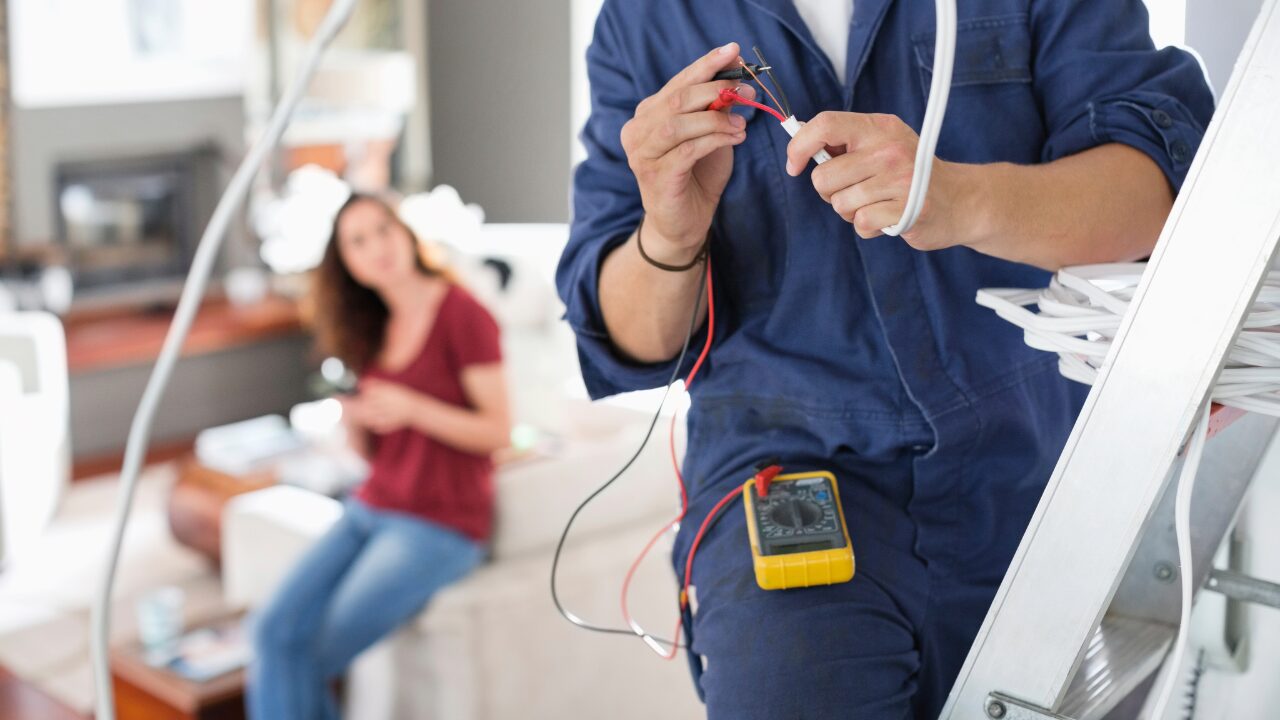Is Your Home Up to Electrical Code? Here’s What You Need to Know
When it comes to home safety, ensuring your electrical system is up to code is paramount. Electrical codes are designed to protect you and your family from potential hazards, such as electrical fires and shock. If you’re unsure whether your home meets current standards, this guide will help you understand what to look for and why it’s important.
Understanding Electrical Codes
Electrical codes are sets of regulations that dictate the standards for electrical wiring and installations. In the United States, the National Electrical Code (NEC) is the benchmark for safe electrical design, installation, and inspection. Updated every three years, the NEC addresses the latest safety standards and technological advancements.
Signs Your Home May Not Be Up to Code
- Old or Faulty Wiring:
- Knob and Tube Wiring: Common in homes built before the 1940s, this type of wiring lacks grounding and is not suitable for modern electrical loads.
- Aluminum Wiring: Used in the 1960s and 1970s, aluminum wiring can overheat and pose a fire hazard.
- Frayed or Damaged Wires: Wear and tear can lead to exposed wires, increasing the risk of electrical fires.
- Insufficient Outlets:
- Overloaded Circuits: If you frequently use extension cords or power strips, your home may lack enough outlets, leading to overloaded circuits.
- Non-Grounded Outlets: Older homes may have two-prong outlets without grounding, which can be unsafe for modern appliances.
- Inadequate Circuit Breaker Panels:
- Outdated Panels: Fuse boxes or old breaker panels may not handle the electrical load of today’s homes.
- Lack of GFCIs and AFCIs: Ground Fault Circuit Interrupters (GFCIs) and Arc Fault Circuit Interrupters (AFCIs) are essential safety features that protect against electrical shock and fires.
- Improper DIY Electrical Work:
- Unpermitted Work: Electrical work done without the necessary permits and inspections may not meet code requirements.
- Poor Quality Installations: Incorrect wiring or installations by unqualified individuals can pose serious risks.
Steps to Ensure Your Home Meets Electrical Code
- Hire a Licensed Electrician:
- A professional electrician can inspect your home’s electrical system, identify issues, and make necessary upgrades to bring your home up to code.
- Upgrade Outdated Wiring and Panels:
- Replace old wiring and upgrade to modern circuit breaker panels to handle your home’s electrical demands safely.
- Install GFCIs and AFCIs:
- Ensure GFCIs are installed in bathrooms, kitchens, garages, and outdoor areas. AFCIs should be installed in bedrooms and living areas to prevent electrical fires.
- Increase the Number of Outlets:
- Adding more outlets can prevent overloaded circuits and reduce the need for extension cords, enhancing safety.
- Follow Permit and Inspection Requirements:
- Any significant electrical work should be done with the proper permits and inspections to ensure compliance with local codes.
The Benefits of Being Up to Code
- Safety:
- The primary benefit is the safety of your home and family. Up-to-code electrical systems reduce the risk of electrical fires and shock.
- Property Value:
- Homes with modern, safe electrical systems are more attractive to buyers and can increase your property value.
- Insurance:
- Many insurance companies require homes to meet current electrical codes. Upgrading your system can help you maintain or lower your insurance premiums.
- Energy Efficiency:
- Modern electrical systems can be more energy-efficient, potentially lowering your utility bills.
Ready to get your home electrical code inspection?
Ensuring your home is up to electrical code is an investment in safety and peace of mind. If you suspect your home’s electrical system is outdated or unsafe, don’t wait for a problem to occur. Schedule an inspection with a licensed electrician and take the necessary steps to bring your home up to code. Your family’s safety and the integrity of your property depend on it.
Call Grener Electric today!

